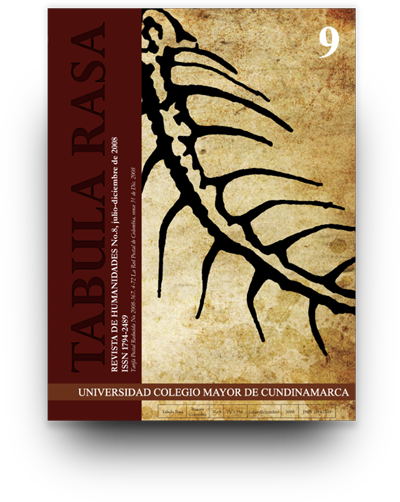Hermeneutics of Democracy: The Thought of Limits and the Colonial Difference
Hermenéutica de la democracia: el pensamiento de los límites y la diferencia colonial
Show authors biography
History tells that Mahatma Gandhi was asked what he thought of civilization. Gandhi answered and said «civilization was a good idea» . The same can be said of «democracy» . This article proposes a decolonial lecture of the concept of «democracy» and suggests the incompatibility between democracy and capitalist economy. It concludes with outlining three economic avenues (trying to disconnect economy from capitalism) and suggests the necessity of a non-capitalist economy (or economies), without which socio-economic, egalitarian and fair organizations (with or without vote) would not be possible.
Article visits 103 | PDF visits 71
Downloads
Umozurike, U.O. 1979. International Law and Colonialism in Africa. Enugu (University of Nigeria): Nigeria.
Grovogui, Siba N’Zatioula. 1996. Sovereigns, Quasi Sovereigns, and Africans. Minneapolis: University of Minnesota Press,
Grinde Jr. Donald A. 1992. “Iroquois Political Theory and the Roots of AmericanDemocracy”, in Exiled in the Land of the Free. Democracy, Indian Nations and the US Constitution. Santa Fé: Clair Light Publishers.
Ferguson, Niall. 2002. Empire. The Rise and Demise of the British World Order and the Lessons for Global Power, London: Pinguin.




